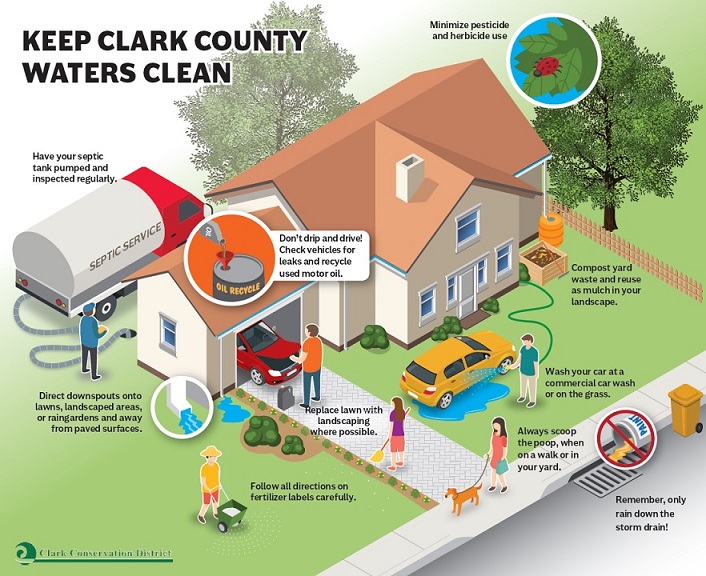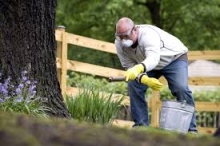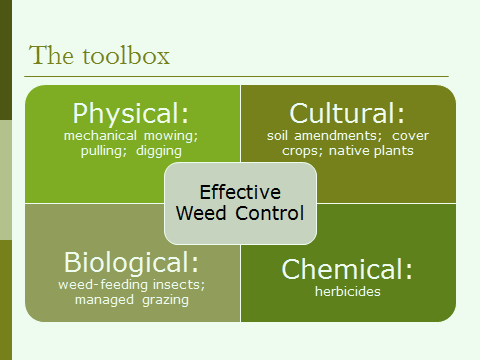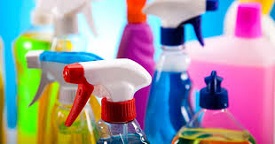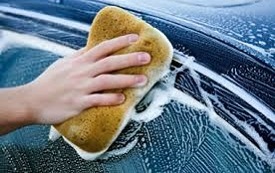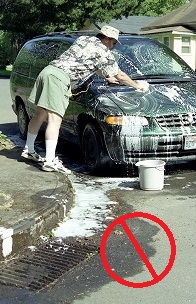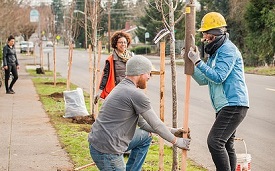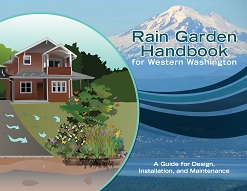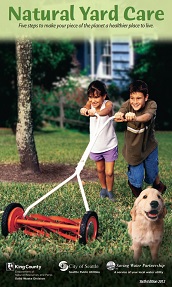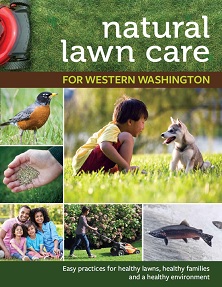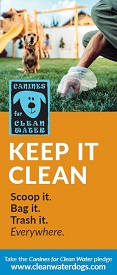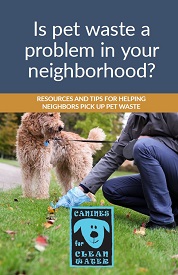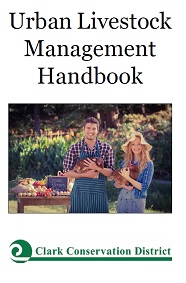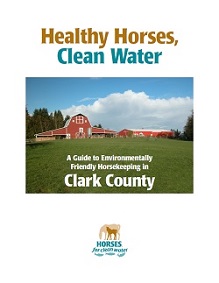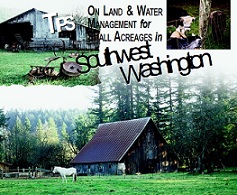We all live in a watershed, we all live "downstream", and we all play an important role in preventing pollution. Every time someone learns about clean water habits and improves the way they do things, it helps our streams, rivers and lakes.
Rain or melting snow flows across yards, rooftops and paved areas picking up pet waste, dirt, oil, yard clippings, garden chemicals, fertilizers and anything else in its path to our streams, rivers and lakes. Once this slurry of polluted stormwater enters storm drains it does not get treated, so it's not suprising nonpoint source (NPS) pollution is our leading cause of water pollution today.
Impervious surfaces like roads, driveways and rooftops also increase the amount of stormwater runoff. During rain events these impervious surfaces contribute far more runoff than forests or yards. This stormwater runoff moves through the storm sewer system and discharges to nearby streams. The sheer amount of stormwater runoff is enough to cause erosion and degrade streams, espeically in urbanized areas. It can also cause local flooding.
Click on the topics below to learn more about how you can prevent pollution while keeping our water safe for families, pets, and wildlife.
Yard and Garden - What's Your Lawn Style?
Lawn care, landscaping, and pest control practices can be major contributors to stormwater pollution. It can also harm children and pets. By following natural yard and garden care practices, you can have a great looking landscape that's healthier for our families, pets, wildlife and water.
Find expert tips to get a great looking lawn for whatever level of effort you like to put in at OSU Extension's What's Your Lawn Style.
Watch this series of natural yard care videos from the Puget Sound region. For more information on green yard and garden practices visit Clark Green Neighbors, Grow Smart, Grow Safe or contact the WSU Extension Master Gardener Answer Clinic.
Pets and animals
When it rains, pet waste left on the ground from dogs, cats, horses, ducks, and other pets washes into storm drains and streams, polluting our water and posing health risks to children and pets.
Animal waste carries harmful bacteria, parasites and nutrients. And with over 110,000 dogs and 30,000 horses in Clark County alone, it adds up. In fact, E. coli is a primary pollutant in many of our local streams and lakes.
Some simple clean-up and prevention measures (picking up for dogs, covering for large animals) can help keep this harmful waste from entering the nearest storm drain and stream.
Is pet waste a problem in your neighborhood? Signs and resources are available at www.cleanwaterdogs.com.
Housekeeping and home improvements
Everyday home maintenance and improvement projects require special care to prevent water pollution. Sources of pollution include:
- household hazardous waste (i.e. paint thinners, oil-based paints/stains, cleaning products, fuels, pesticides, nail polish remover etc.)
- septic systems
- dirt and sediment from construction or bare soil
- pools and spas
- project waste (paint chips, roofing material, sawdust, etc.)
As you undertake these projects follow best practices to make sure you're not harming our streams, rivers, lakes or ground water, and the people and wildlife that use them.
Vehicle maintenance and washing
Keeping your vehicle maintained isn't just about safety and convenience, it can also keep pollution out of our streams, rivers and lakes. When working with oil and toxic chemicals, even small drips and spills have big impacts when storm runoff carries it to storm drains.
Washing cars on driveways, parking lots or in the street can also send harmful soaps and grime to our waterways.
Be a steward in your community
Take pride in your watershed and get invovled to help protect our streams, rivers and lakes. Start by learning about stormwater and ways to improve your own clean water habits. Sharing what you've learned is critical and it's likely your clean water habits can help your family, friends and neibhbors prevent pollution too.
Volunteering is another excellent way to learn, give back and build community. Joining a StreamTeam, marking storm drains, and helping with restoration projects are just a few ways volunteers really make a difference.
